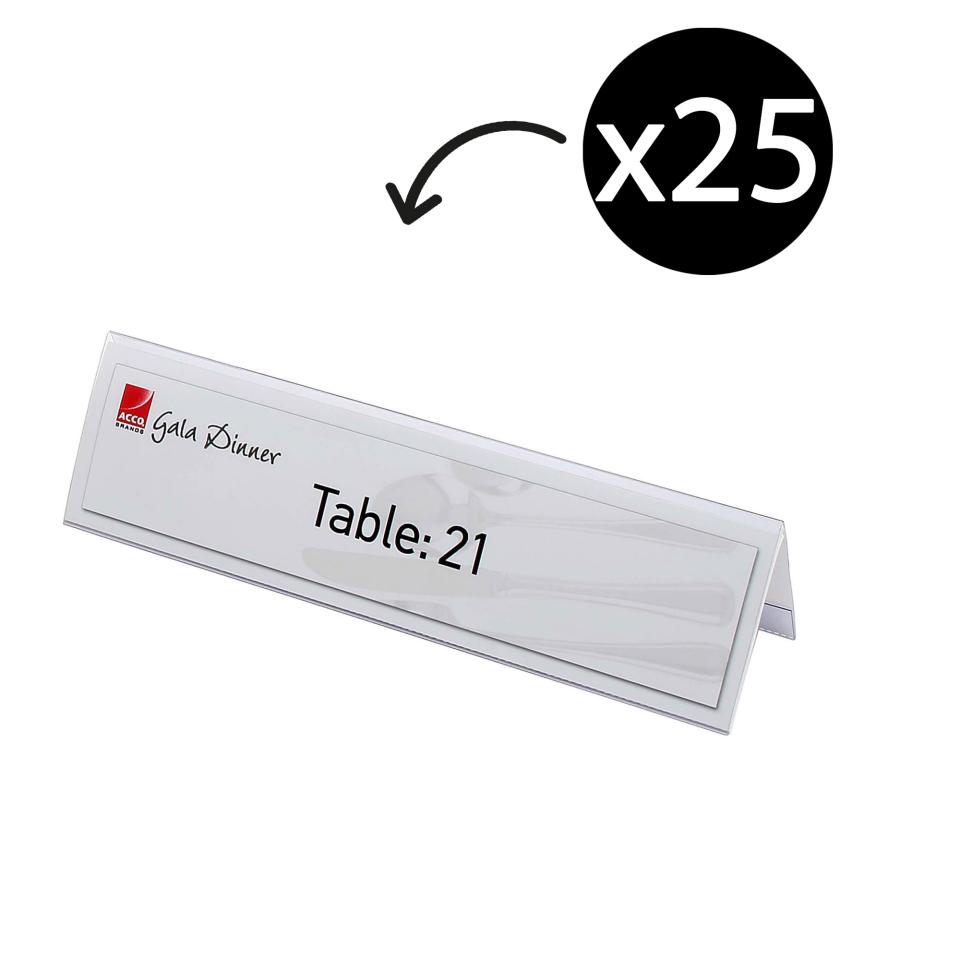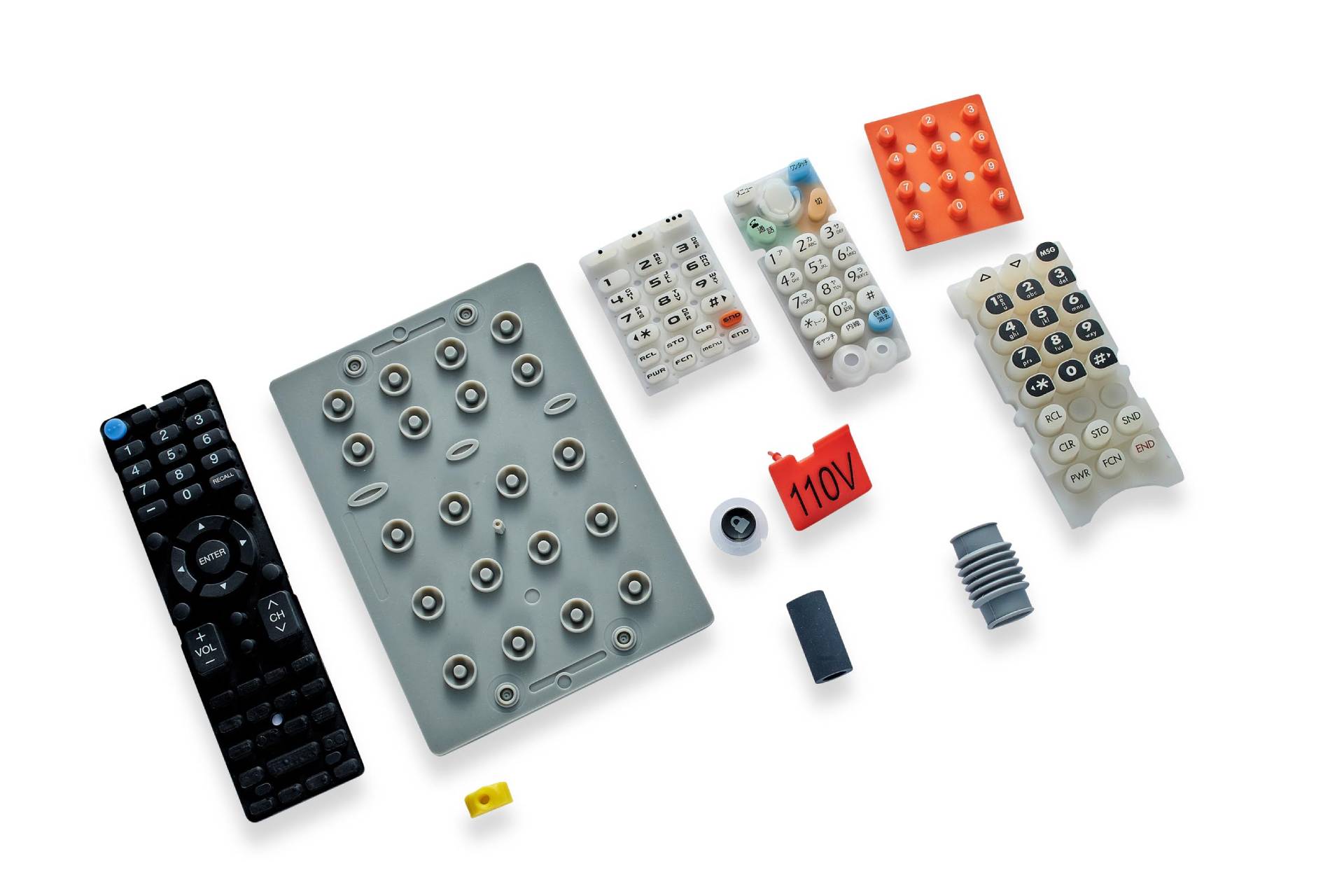How Plastic Nameplates Are Produced: A Comprehensive Overview to Their Production Process
The production of plastic nameplates entails several exact actions, beginning with the option of appropriate materials to the final complements. Each stage is critical, making certain the item satisfies specific needs for longevity and appearances. Various manufacturing techniques play a considerable function in crafting these nameplates. Recognizing these processes can drop light on the intricacies behind what may feel like a simple product. What variables contribute to the top quality and personalization of these nameplates?
Understanding Plastic Products Made Use Of for Nameplates

The Layout Process: From Principle to Model
The layout process for plastic nameplates begins with a clear principle that guides the total production. Designers work together with customers to specify the function, design, and certain needs of the nameplate. This first phase consists of brainstorming sessions, mapping out ideas, and picking shades and typefaces that straighten with branding goals.Once the concept is established, developers make use of computer-aided layout (CAD) software to develop comprehensive digital representations. These prototypes permit for visualization and modifications before progressing. Responses from stakeholders is important throughout this phase, as it assists refine the layout to satisfy expectations.After settling the digital model, a physical design might be produced, typically with strategies like 3D printing. This tangible representation allows further assessment of aesthetics and capability. In general, the style process is a necessary action that lays the foundation for the effective production of high-quality plastic nameplates.
Reducing and Shaping the Plastic
In the cutting and forming phase of plastic nameplate manufacturing, the option of materials plays an essential role in identifying the final item's top quality and resilience (Plastic Nameplates). Various precision cutting techniques, such as laser cutting and CNC machining, guarantee that the plastic is shaped with accuracy and uniformity. This mix of careful product option and advanced cutting approaches is vital for creating high-grade nameplates

Product Choice Process
Picking the ideal material is essential for creating top notch plastic nameplates. Various types of plastics are readily available, each offering distinctive advantages and features. Typical options consist of acrylic, polycarbonate, and PVC. Polymer is favored for its clearness and UV resistance, making it excellent for outside applications. Polycarbonate, recognized for its sturdiness and effect resistance, appropriates for atmospheres that require enhanced protection. PVC is typically chosen for its cost-effectiveness and versatility in style. The selection procedure likewise considers variables such as surface area, thickness, and color surface, which can considerably affect the final look and performance of the nameplate. Eventually, the selected material should align with the planned use and visual objectives of the plastic nameplate.
Precision Cutting Strategies
While choosing the proper product prepares, accuracy cutting techniques play a crucial role fit the plastic nameplates into their last types. Different methods, consisting of laser cutting, CNC milling, and pass away reducing, are utilized to achieve precision and uniformity. Laser cutting uses focused light to create clean sides and intricate designs, ideal for complicated patterns. CNC milling offers flexibility by eliminating excess material with accuracy, suiting numerous densities and shapes. Die cutting, on the other hand, enables automation of consistent items, improving effectiveness. Each strategy is picked based upon the layout requirements and the preferred coating, making certain that the end product fulfills quality criteria and client assumptions while maintaining sturdiness and visual allure.
Printing Methods for Personalization
Exactly how can makers achieve specific and lively styles on plastic nameplates? The answer exists in numerous printing techniques customized for modification. Digital printing has gotten appeal due to its capacity to generate detailed styles and high-resolution images directly onto plastic surface areas. This method permits quick turnaround times and minimal arrangement prices, making it excellent for brief runs and personalized orders.Screen you can find out more printing stays an additional commonly made use of technique, particularly for larger amounts. It entails developing a stencil and using layers of ink, leading to rich shades and toughness. UV printing, which makes use of ultraviolet light to cure the ink, is likewise efficient, offering excellent bond and resistance to fading.Additionally, pad printing supplies flexibility for irregularly designed nameplates, permitting for thorough designs on tough surfaces. These printing methods make it possible for manufacturers to meet diverse client requires while ensuring quality and longevity in their plastic nameplate items.
Surface Therapies and Finishing Options

High Quality Control Steps in Production
Assuring the greatest standards of quality control during the production of plastic nameplates is vital for preserving item stability and client contentment. Suppliers implement rigorous inspection methods at various stages of the manufacturing procedure. Raw products go through thorough screening to validate they meet specifications for sturdiness and shade consistency. During the molding phase, automated systems check parameters such as temperature and pressure to avoid defects.In enhancement, aesthetic inspections are performed to identify any surface flaws or misalignments. When the nameplates are created, they are subjected to useful tests, consisting of attachment examinations for printed components and tension tests for resilience. Quality control teams typically use analytical tasting techniques to assess sets, ensuring that any type of deviations from requirements are quickly resolved. This comprehensive approach not only boosts product quality however also cultivates trust with clients, affirming the manufacturer's commitment to quality in every nameplate generated.
Product packaging and Circulation of Finished Nameplates
The packaging and distribution of ended up plastic nameplates are essential actions in ensuring they reach customers in perfect condition. Numerous product packaging products are picked to secure the nameplates throughout transit, while delivering approaches are thoroughly selected based upon efficiency and cost-effectiveness. In addition, effective storage services are implemented to preserve quality up until the nameplates are provided.
Product Packaging Products Utilized
Choosing proper packaging products is important to assure their protection throughout transit when dispersing finished plastic nameplates. Typically utilized products consist of bubble wrap, foam cushioning, and cardboard boxes, all developed to support the nameplates versus shocks and effects. Bubble wrap gives an adaptable obstacle, while foam cushioning guarantees that nameplates continue to be safely in position, minimizing the risk of scrapes or breakage. Additionally, strong cardboard boxes are made use of to have the nameplates, supplying structural assistance and protection from exterior aspects. Labels may be put on show taking care of directions or breakable contents, even more boosting safety throughout transport. On the whole, utilizing high-quality product packaging products my review here significantly contributes to the stability and presentation of the ended up plastic nameplates upon arrival at their location.
Shipping Techniques Used
Efficient distribution of completed plastic nameplates relies upon various shipping methods that guarantee protected and prompt delivery. Companies commonly utilize messenger solutions, freight shipping, and postal services, relying on the size, weight, and destination of the packages. For regional distributions, messenger solutions give quick transit, making certain nameplates reach consumers promptly. For larger orders, products shipping is preferred, using trucks or shipping containers to carry mass amounts efficiently. Postal solutions work as an economical choice for smaller sized deliveries, specifically for domestic deliveries. All shipping approaches prioritize protective product packaging to stop damages throughout transit. Tracking systems are also used to keep an eye on deliveries, giving customers with real-time updates and reassurance pertaining to the standing of their orders.
Storage Space Solutions Implemented

Regularly Asked Concerns
What Kinds Of Organizations Frequently Utilize Plastic Nameplates?
Plastic nameplates are typically utilized by numerous companies, including workplaces, medical facilities, colleges, and factories. These nameplates offer crucial functions such as identification, details display, and branding, adding to business effectiveness and expert look across varied settings.
How much time Does the Entire Manufacturing Refine Take?
The production procedure period varies based on intricacy and quantity, generally varying from a few days to several weeks. Elements influencing this timeline consist of layout authorization, product availability, and production strategies utilized by the company.
Can Plastic Nameplates Be Recycled After Use?
Plastic nameplates can be recycled, supplied they are made from recyclable materials. However, the availability of reusing programs and neighborhood guidelines might affect their recyclability. Correct disposal methods are necessary to ensure effective recycling.
What Are the Ecological Effects of Plastic Nameplate Manufacturing?
The environmental influences of plastic nameplate production consist of carbon discharges, resource deficiency, and air pollution from producing processes. Plastic Nameplates. Additionally, improper disposal contributes to plastic waste, detrimentally impacting ecosystems and wild animals, highlighting the need for sustainable practices
Exist Any Kind Of Security Interest In Plastic Nameplates?
Safety and security worries pertaining to plastic nameplates primarily include possible chemical exposure throughout manufacturing and the danger of materials deteriorating gradually, which may cause hazardous substances being launched, impacting both human health and the setting. While different materials can be used for nameplates, plastic remains a popular choice due to its versatility and sturdiness. In the cutting and shaping stage of plastic nameplate manufacturing, the option of materials plays an essential duty in establishing the last product's high quality and toughness. Choosing the appropriate product is crucial for generating top quality plastic nameplates. While selecting the ideal product lays the groundwork, accuracy reducing techniques play a vital duty in shaping the plastic nameplates right into their final types. When distributing completed plastic nameplates, picking appropriate product packaging products is crucial to ensure their protection during transit.